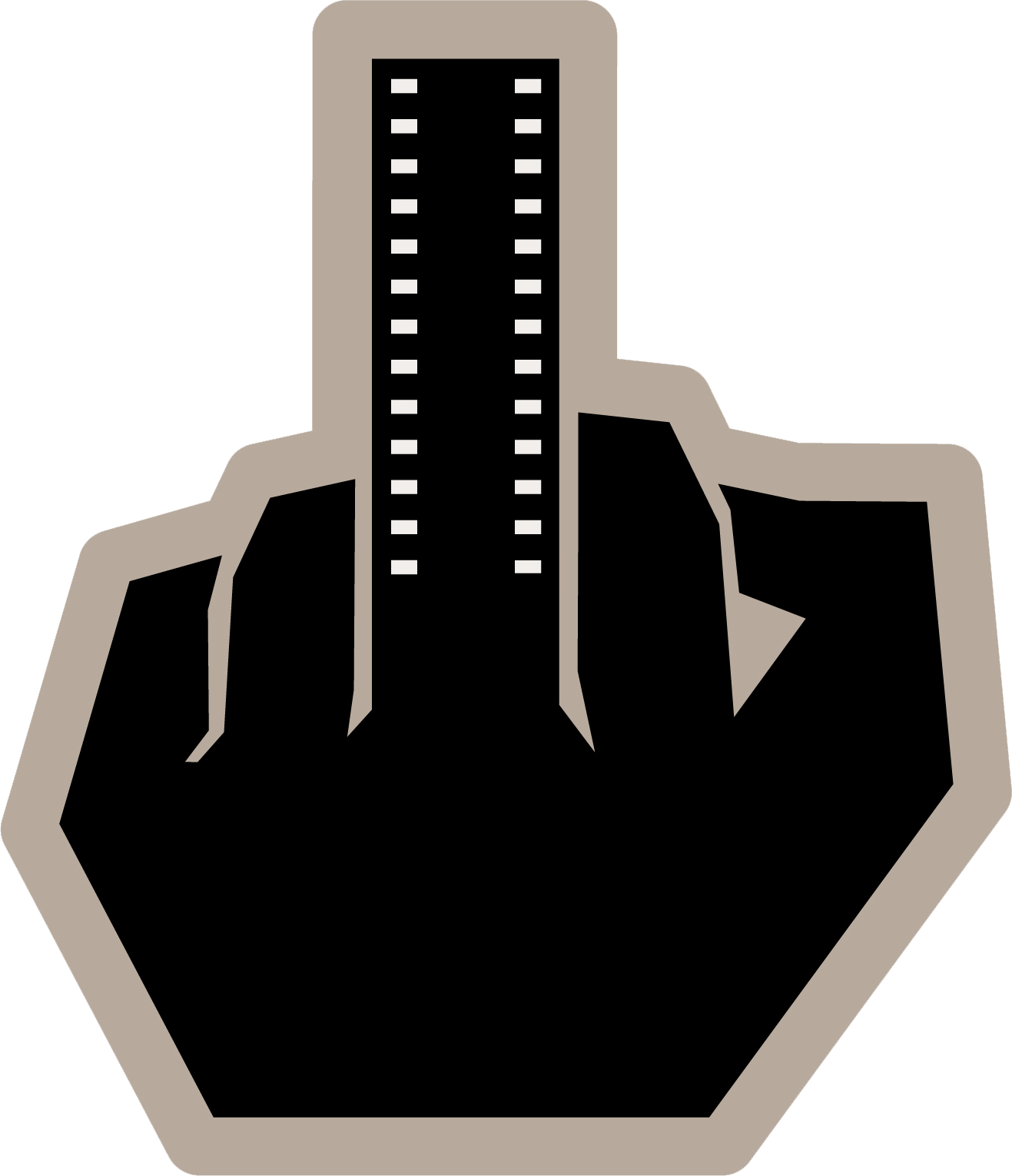Hollywood Studio Adventures
I’ve been sitting here thinking about what my next post should be. I’ve come up with all of these ideas of important things I should write about. I even started a few of them.
Then I said, “Hey wait a minute? I’m a filmmaker and an author, who’s worked on a lot of films over the years, both large and small, maybe I should write some posts about my adventures working on some of these films.”
So what the hell? That’s what I’m going to do today.
A lot of people think filmmaking is so expensive because of the Unions and all of the people on the set. Sure big name actors make a lot of money and that comes out of the budget but what people never hear about is how money gets spent by studio executives after the shoot, when a film is in post-production.
Let me tell you about a Hollywood studio film I worked on in the mid-nineties, To Die For. A film I’m very proud of, we did some great work on it. It was modestly budgeted not like many studio films being made today. They don’t seem to make modestly budgeted films anymore.
This story may or may not be typical, and I’m sure some of my friends in the business have similar stories about money being blown in different ways. I’m not going to mention specific names if you’re that interested you can look this stuff up yourselves. It won’t be too hard to figure out.
First let me say this was an unusual situation. The Director was a former Independent Filmmaker shooting his first studio picture and I’m one of the group he brought with him from his independent filmmaking days. We were used to doing things our own way and the studio has their way of doing things.
I was the Supervising Sound Editor, in charge of the Sound Editors. We were cleaning up the dialogue, doing ADR, and doing the sound FX and foley for the film. It’s a job most people don’t know anything about, but trust me without us films wouldn’t sound as good as they do when they’re completed. Our specific jobs are something for a different post.
After To Die For was shot and in post-production the Producer was hired by a different studio to be the studio head. Sounds cool, right? This person went from producing films to running an entire studio.
Here’s what happened in this instance.
Instead of working and mixing in LA which is normal for most studio films, we edited the sound on this film in Portland, Oregon (where we all lived). Then I took all of the audio elements to Berkeley, California to do the final mixing at Saul Zaentz’s facility. It was a great studio, a lot of great films have been mixed there, we had worked there before. I was staying in a hotel for the six weeks I was scheduled to be there.
Mixing in Berkeley was not normal. We liked the idea of mixing the film away from the studios and their day to day involvement. Not to say the Producer wasn’t involved with the film, she certainly was. I believe she wanted this film to be good and do well at the box office.
Conjecture on my part – Once the Producer left to run the other studio it felt like our film wasn’t really a priority with the studio that had put up the money. I’m not sure if this was true, it just felt that way.
The Producer flew up to Berkeley for the first day of final mixing, which was a Saturday. Walking into our studio she was shocked/horrified at how small the room was. The mix stages in LA are huge, this one was good sized but maybe 25% of the size of an LA mix stage. All of the gear we were using was top notch and that room always sounded wonderful. They had a complete staff of engineers making sure the studio always sounded good. Quite a few great films (Oscar winners) were mixed at this studio.
Then she found out that the Director and myself were doing some of the mixing ourselves in conjunction with an Oscar winning mixer (and good friend). This was not normal and certainly not what she was used to.
She hit the roof! She believed we were totally fucking everything up because we didn’t have a trio of Oscar winning mixers at the controls. She stayed for a few hours (which were very tense), then hopped a plane back to LA. At that point we weren’t sure what was going to happen so we just kept working.
We were told the following Monday that she was sending one of her friends up from LA and he would be supervising everything. When he showed up he turned out to be one of our good friends as well. He knew, we knew what we were doing and he just let us work, occasionally giving us input which was always good.
On our last day of mixing she was supposed to fly up that afternoon and watch the film, give us her notes so we could make any changes that she wanted.
Around 9 am we were told she was ill and wouldn’t be flying up. We still had four or five hours worth of work to do so we kept moving forward. Around 10:30 we were told we were all flying to LA to screen it for her at the other studio that evening. Our flight was scheduled for 3:00 that day.
There were, I believe, six of us that were to fly down for this screening.
Most everyone at some point went back to the hotel to pack a bag or whatever. Myself and the lead mixer stayed and kept working to get the film finished so we could screen it. Everyone was yelling at us to hurry up and get in the limo that was sent to take us to the airport.
We had six first class tickets on a really short flight (maybe 30 minutes) from Oakland to LAX. We arrived and were met by another limo which whisked us to the studio, so we could set up for the screening.
A couple of us were starving as we hadn’t eaten since breakfast. At some point Chinese food was brought in. The Producer finally showed up around 7:30. We screened the film and of course she had notes for changes. By the time she left it was after 11 pm.
We’re all sitting in this screening room wondering what the hell to do next? We were shoved back into the limo and shuttled to a nearby posh hotel to spend the night.
I had no luggage, hell I didn’t even have a toothbrush. Everything I had was in my hotel room in Berkeley! As I was checking in I asked the desk clerk if I could get a toothbrush and tooth paste. He looked at me condescendingly and said he’d take care of it. He didn’t.
I walked into my hotel room, which was actually a suite. It was nicer and possibly larger than my little house back in Portland. I realized at this moment that I had two hotel rooms on a single night in two different cities and I was still “on the clock” as far as being paid.
I went downstairs to the hotel bar and ordered a drink. Within a few minutes I heard a voice behind me ordering a drink. It was the Director. He sat down next to me. We looked straight ahead lost in our own thoughts until he finally spoke up.
“This is really fucked up.”
“I know man. I can’t wrap my head around this. We’ve come a long way from those early films. But something doesn’t feel right...”
We sat at the bar talking until they closed. I went back up to my suite, got a little sleep, then had to meet everyone downstairs where another limo was waiting to take us back to LAX and then to Berkeley, all first class.
We arrived at the Berkeley studio, set everything back up, grabbed a late lunch and then worked until 7 pm.
I was on the clock for thirty-five straight hours.
I have no idea how much the six first class airline tickets cost, since they were purchased a couple of hours before the flight. Then there was the cost of all of our suites, the limos, all of it. A huge waste of money in my eyes.
I have made entire films for less than what was spent over those two days. We could have waited a couple days until the Producer felt better (did I mention she didn’t look sick at all when we saw her that evening), or we could have had one or two people fly down the following day with the film to screen it. I’m not sure what was so urgent that we ended up doing what we did. Except of course, they could do it and money seemed to be no object.
Since then I’ve been involved in other big studio films and watched executives drop all sorts of ridiculous amounts of money over things that will never show up on the screen. (Maybe one day I’ll write about a studio executive wanting to spend $150,000 on a single song that we didn’t even want for a film. Just so he could tell everyone he was able to procure the song.)
And it’s often these same people who complain about the unions and how much the actual workers make. But they’re entitled to perks like this.
I haven’t done a studio film in years and have no desire to. I became a filmmaker to make films and as much as I appreciated being hired on movies like this one, and I’m proud of my work on them, ultimately it was’t satisfying. I’d rather be working on one of my small budgeted films with people I like.
If you enjoy me telling stories like this let me know. I have lots of them.
If you want me to write about other things having to do with film and books let me know that as well.
Thank you for reading.
Head over to my website www.angryfilmmaker.com and check it out.
Follow me on Substack - https://substack.com/@kelleybakerangryfilmmaker
Instagram - https://www.instagram.com/angryfilmmaker/
Facebook - https://www.facebook.com/kelley.baker



